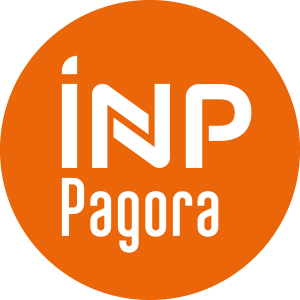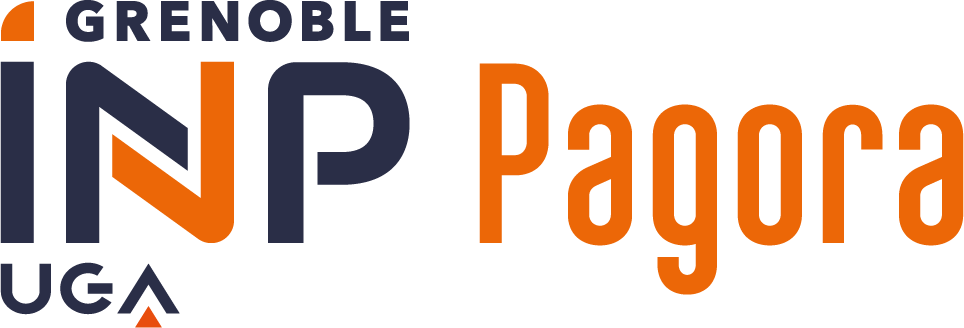Number of hours
- Lectures 6.0
- Projects -
- Tutorials 9.0
- Internship -
- Laboratory works -
ECTS
ECTS 19.0
Goal(s)
Learning outcomes :
- To be familiar with the technologies used for industrial energy production, with particular emphasis on technologies specific to the paper and biorefinery industries
- To choose a fuel and make the best use of the energy it represents, with particular emphasis on fuels from plant biomass and recycling.
- To rely on industrial energy production technologies in a biorefinery and paper mill
- To size to design a technological proposal adapted to the needs of a company.
Bastien MICHEL
Content(s)
1. Introduction
2. General information on cogeneration technologies
- Diesel engine
- Boiler + steam engine
- Gas turbine
- Combined cylcle
3. Combustibles - Origin
- Important properties
4. Combustion - Mechanisms
- Chemical balance
- Heat value
- Primary and secondary air
5. Burners - Gas burners
- Burners for liquid fuels
- Burners for solid fuels
6. Combustion chambers - Fixed bed combustion chamber
- Fluidised bed combustion chamber
7. Heat exchangers
8. Specific technologies to gas turbines
9. Regulation
10. Gas treatment - Dedusting
- HCl, SOx
- Heavy metals
- Dioxins
- NOx
11. Ash and solid residues
12. Stack
To acquire a knowledge of the technologies for industrial production of energy, with special reference to specific technologies for the paper industry.
To be able to select a fuel and efficiently use of its energy content.
The theoretical knowledge is applied in a case study (tutorial session), using a process simulation software.
PrerequisitesEnergetics and thermodynamics (1st year or equivalent), general knowledge of the papermaking processes.
Accessibility for people with disabilities : please contact us for further information
- Specific credits: this course brings 2.0 ECTS to students in IFB - Autumn exchange semester
Evaluation : Description of evaluation conditions in the ‘Evaluation’ field
Course and exam language adapted to the student profile.
Assessment: written report (70%) + oral defense (30%).
Non-catch-up assessment (the assessment of knowledge is based on a project carried out in groups and during sessions that can take place remotely).
The exam may be taken in french or in english
The course exists in the following branches:
- Curriculum - Pagora Engineer - Student - Semester 7 (this course is given in english only)
- Curriculum - International Semesters - Semester 7 (this course is given in english only)
- Curriculum - Pagora Engineer - Apprentice - Semester 7 (this course is given in english only)
Course ID : 4FMT1056
Course language(s): 
You can find this course among all other courses.
Environmental security
Déroulement de l’enseignement en salle de cours standard.
Sécurité : RAS
Environnement : RAS



